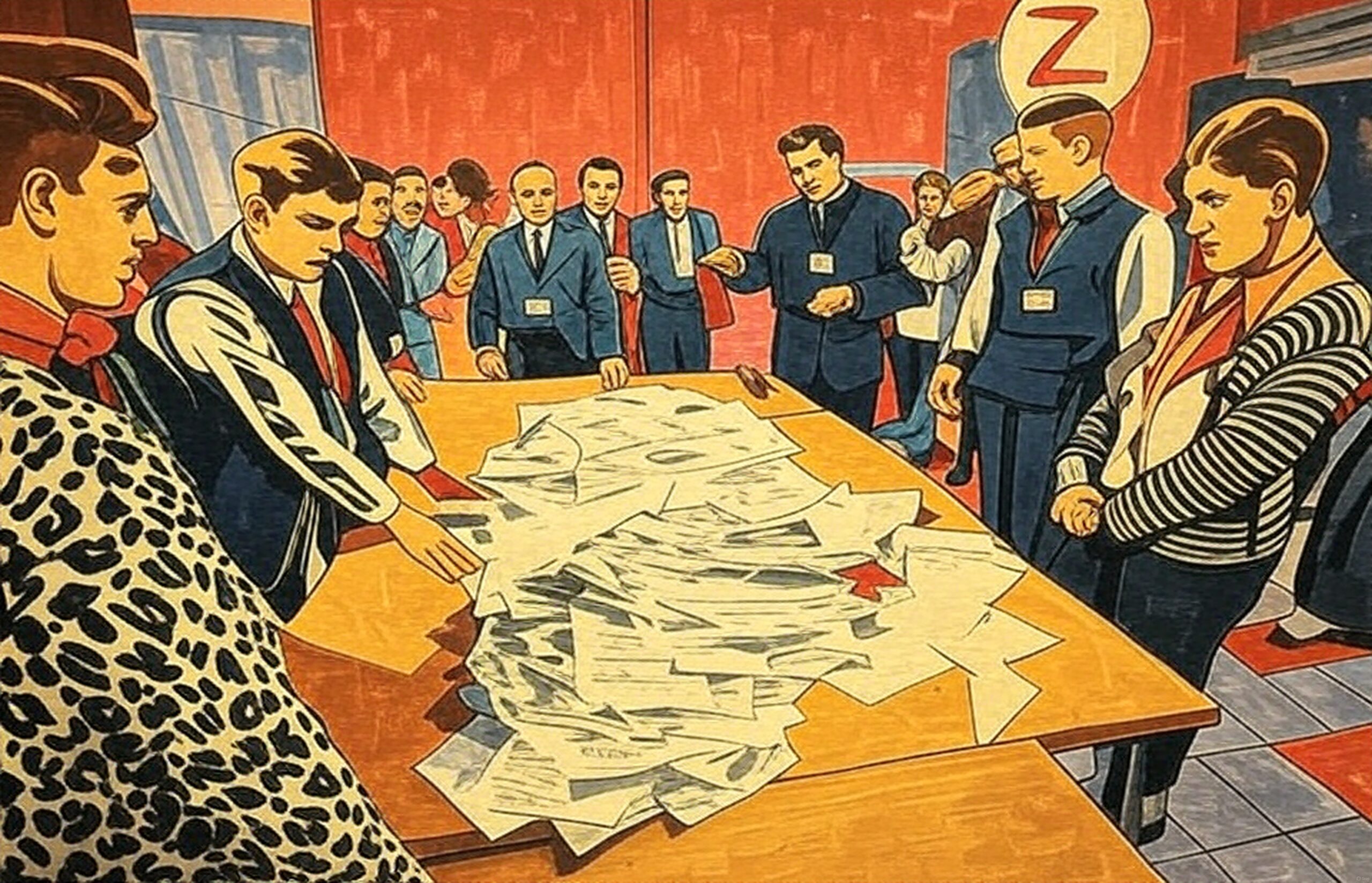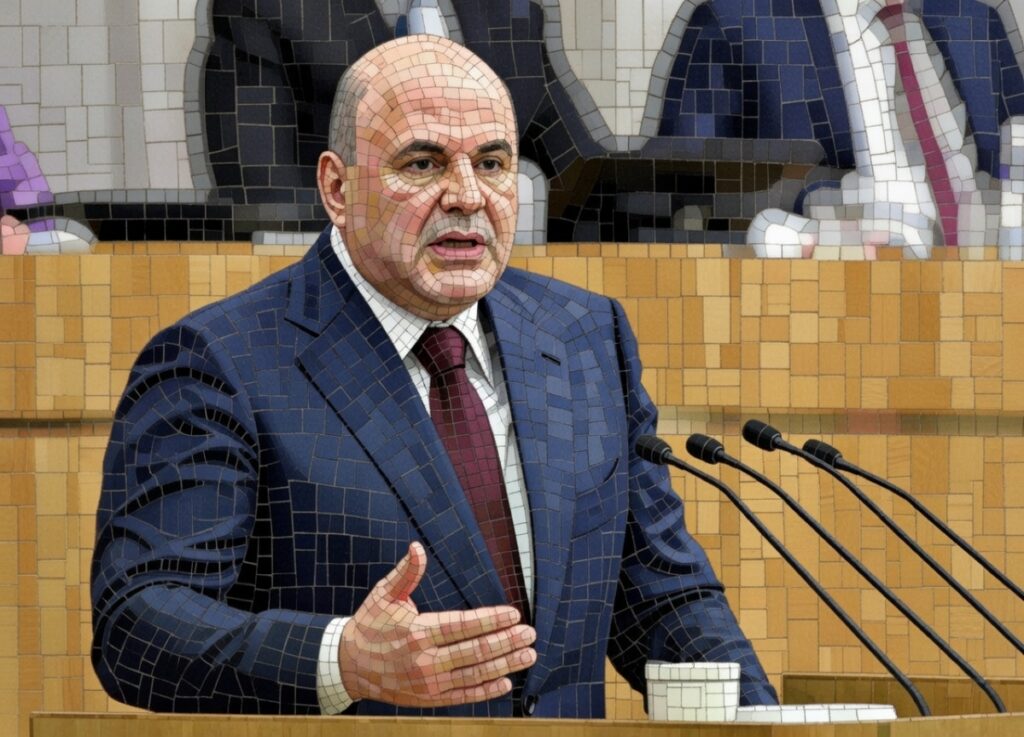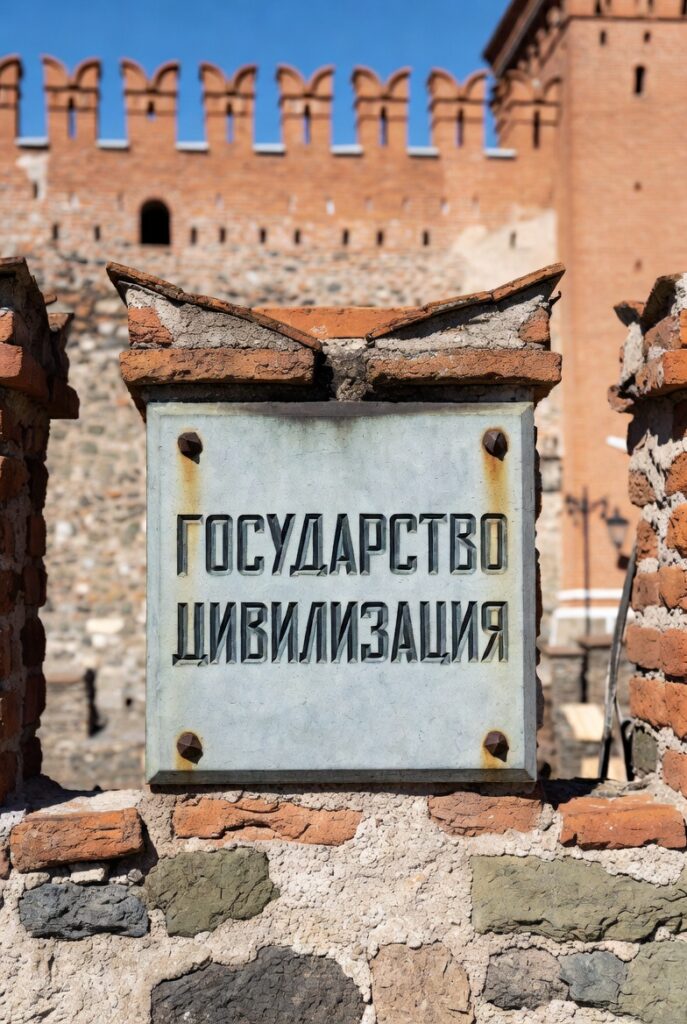The political wing of the Russian presidential administration conducted a final rehearsal ahead of the 2025 State Duma elections during the Single Voting Day (SVD). The Kremlin, in collaboration with regional administrations, tested corporate mobilization techniques and potential campaign strategies for the ruling party and systemic opposition. Electronic voting was used in some regions. The political bloc’s traditional key performance indicators (KPIs) for Duma elections are clear: Sergei Kiriyenko’s team always aims to surpass previous election results. Accordingly, United Russia is expected to secure 55−60% of the vote with a turnout similar to 2016 (when the ruling party won 49.8% with a 51% turnout).
The SVD revealed that achieving this goal will be challenging. Central Election Commission head Ella Pamfilova reported an average turnout of 47%. Regional and local elections typically see lower turnout than federal ones, but this year’s SVD took place in regions with strong administrative resources, such as Tatarstan, Krasnodar Krai, Rostov Oblast, Stavropol Krai, and the Yamalo-Nenets Autonomous Okrug. These «electoral sultanates» reliably deliver desired results through well-established administrative control and opportunities for falsification. Yet, even this «all-star» lineup failed to push turnout above 50%.
The likely reason is the use of the «turnout suppression» strategy in other regions, where authorities ensured lower voter turnout to boost results for ruling party candidates in gubernatorial races and United Russia lists in regional legislatures. With this approach, turnout typically hovers around 30%, with mostly state-dependent voters—those who vote «correctly”—showing up. This is achieved by selecting weak opponents for ruling party candidates, minimizing campaigning, and other manipulative tactics. However, this strategy cannot be applied in federal elections, where the Kremlin will demand record-breaking results to meet its KPIs. Stimulating voter interest could bring less predictable voters to the polls, who may vote based on personal preferences or protest rather than the Kremlin’s plan. How the Kremlin will resolve this dilemma remains unclear.
United Russia may be planning to surprise its loyal electorate with new campaign strategies, but these (or at least some) should have been tested during the SVD. This did not happen: the ruling party, as in previous campaigns, relied on vague slogans about stability, development, and «real deeds.» This suggests United Russia will continue to depend on administrative coercion rather than a compelling campaign narrative. While this approach has worked reliably so far, it does not allow for new record-breaking results: turnout and the party’s vote share hover around 50% without significant growth. Amid growing economic challenges, combining promises of stability with administrative resources and falsifications may not suffice even to maintain current results.
As for the systemic opposition, they actively used anti-migrant rhetoric in this campaign, particularly the Liberal Democratic Party (LDPR) and New People. This issue, which resonates with parts of the population, helped these parties achieve decent results and will likely be leveraged in their Duma election campaigns. However, the effectiveness of anti-migrant rhetoric may diminish in a federal campaign if United Russia co-opts the issue.
The presidential administration and United Russia continue to promote war participants into power, following Vladimir Putin’s directive to elevate them as the «new elite.» Official data claims 870 war veterans won in elections at various levels, nearly triple last year’s figure. However, as even the pro-government newspaper Vedomosti notes, this represents only 1.8% of contested seats, with most being in small municipal councils with little real power or funding. At the regional level, according to Verstka, only 25 of 60 war participants running were elected, many of whom are sitting deputies claiming combat experience rather than actual servicemen.
The political bloc achieved a long-standing goal by pushing the LDPR to second place in regional legislative elections (they came second in 7 of 11 regions, overtaking the Communist Party). This likely resulted from targeted regional efforts to meet specific KPIs. However, gubernatorial election results show the Communist Party’s resilience, securing second place in 13 of 20 regions. This suggests no directive was given to promote the LDPR in gubernatorial races. Given the use of turnout suppression in legislative elections, the political bloc faces significant challenges in weakening the Communist Party.
Prosecutor Without Surprises and a Surprise from Kozak
Vladimir Putin nominated Alexander Gutsan, the presidential envoy to the Northwestern Federal District, as the new Prosecutor General, replacing Igor Krasnov, who is slated to head the Supreme Court. Gutsan, a former deputy prosecutor general, reflects Putin’s preference for a predictable figure without media ambitions. Unlike some media-savvy envoys, such as former Siberian envoy Sergei Menyailo, Gutsan has maintained a low profile.
As a career prosecutor, he is likely to ensure stable and predictable operations for the Prosecutor General’s Office, a key player in Russia’s ongoing property redistribution. Unlike Krasnov, Gutsan is unlikely to seek expanded powers. His ties to Dmitry Medvedev, a former classmate and current deputy head of the Security Council, and his cooperation with the Kovalchuk brothers’ circle, particularly Lyubov Sovershaeva, strengthen both groups’ positions.
Gutsan’s envoy role was reportedly offered to Deputy Presidential Administration Head Dmitry Kozak, who faced pressure from Sergei Kirienko’s political bloc. However, Kozak, known for his strong character, opted for voluntary resignation and a prestigious retirement.










